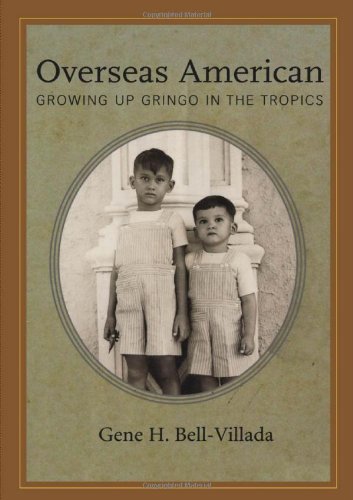From an Intimate Distance: A Mixed Perspective on Embracing Gratitude
Mixed Roots Stories
2015-01-08
Kaily Heitz, Guest Blog Coordinator
“The problem is not that we all have these different view of things, it is that we each consider our views the only reality. We forget that life is truly a matter of perspective.” –angel Williams, Being Black [: Zen and the Art of Living With Fearlessness and Grace]
I was on the phone with my friend, Lily, the other night, delving into one of our many uniquely personal and academic discussions, when she says, “Forget hallucinogens. If you want to go on a real trip, try becoming a woman.” As a biracial cis-woman, I am unable to comprehend what this transition must be like, but I laugh, recognizing that at the root of her comment is a shared an experience of mixed marginality—of being able to see the ugly truth about race and sex in this country from both sides of the binary.
When I met Lily, she was still coming to terms with her gender identity and has only recently come out as a trans-woman. In our discussions about her transition and some of the challenges she now faces, we found in one another a new commonality of perspective unique to those who find themselves an outlier, a categorical anomaly, within the strictures of our black/white, male/female binary system. “Sometimes I’m read as male, sometimes female, “ or, often, she describes simply being stared at as people try to figure out what she is. While I understand that there are quite a few significant differences between trans and mixed people’s experiences, there are also a striking number of similarities that exist as a result of being cast into a liminal identity. Being stared at, fetishized or ostracized for being something outside the realm of puritanical gender categories is something that I, as a mixed black/white woman, can certainly relate to. Often, we mixed folk bemoan the weight of expectation people unfamiliar with our unusual, unidentifiable looks place upon us. Certainly we have every right to complain about being asked again and again what we are instead of being recognized for the people we know ourselves to be. This is part of our experience. But with our liminal perspectives, also comes a grace and maturity of wisdom that deserves equal attention and celebration. What Lily expressed to me that night as she discussed her experiences of living once as a man and now sometimes read as a woman, was her unique ability to really see and understand how being a man or woman in this society affects your quality of life. And isn’t this similar to many interracial families and mixed people’s understanding of how deeply one’s perceived race truly affects one’s life?
As incredibly difficult a journey Lily is on, I deeply respect her ability to find cause to celebrate, or at least appreciate, her unique perspective on gender. This, I think, is something that we in the mixed community can also draw from. The “Tragic Mulatto” trope has been used to dissuade people from entering interracial relationships by conveying mixed children as perpetually lonely and confused outsiders. To be mixed, then, is seen as a weakness. But after having attended the Critical Mixed Race Studies (CMRS) Conference in Chicago, I, along with the 600+ other attendees, would probably have to disagree. We are clearly not alone and if we are outsiders, we are only outsiders to a structure that has historically been used to perpetrate structural inequity and oppression….
Read the entire article here.

